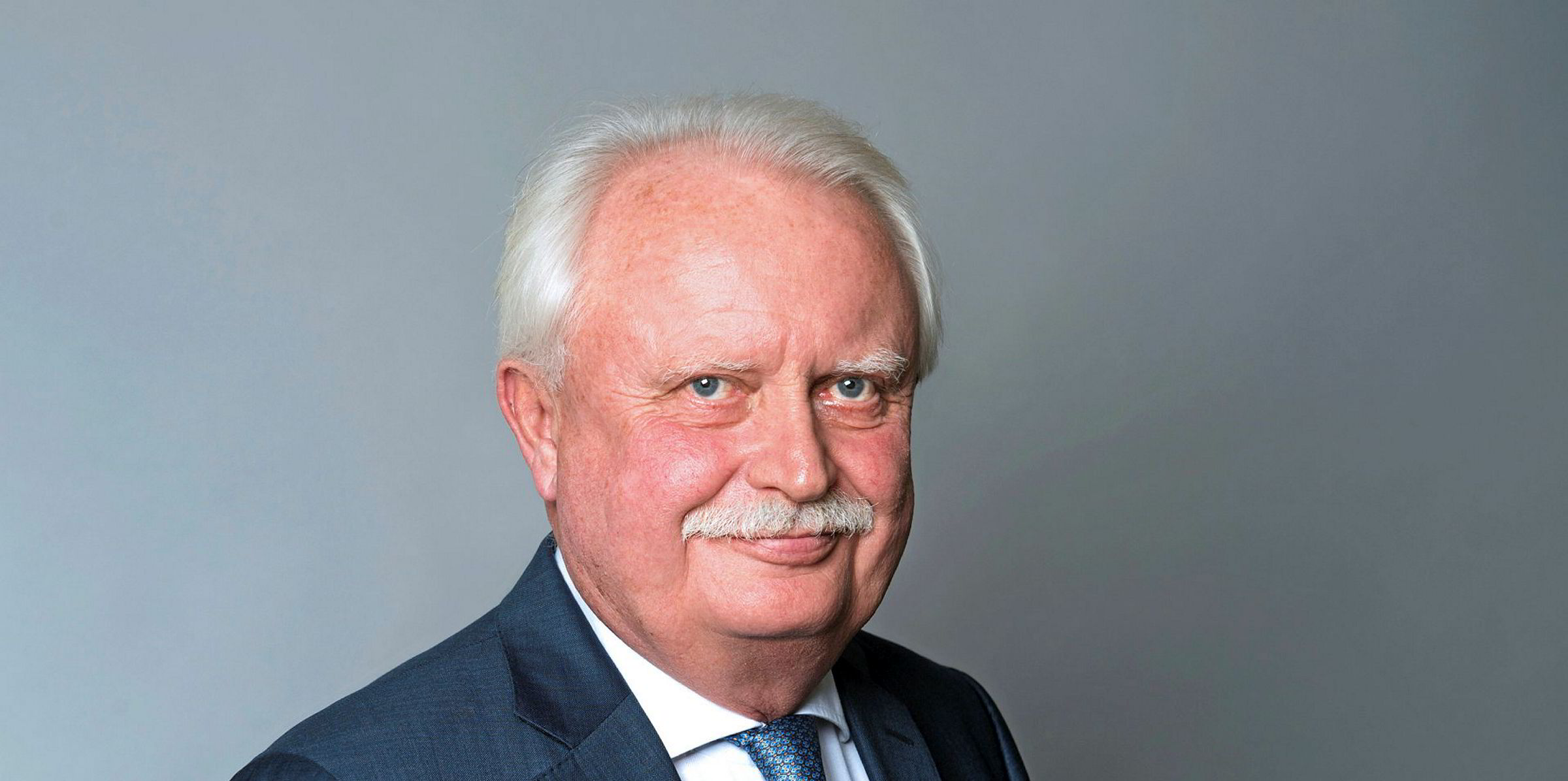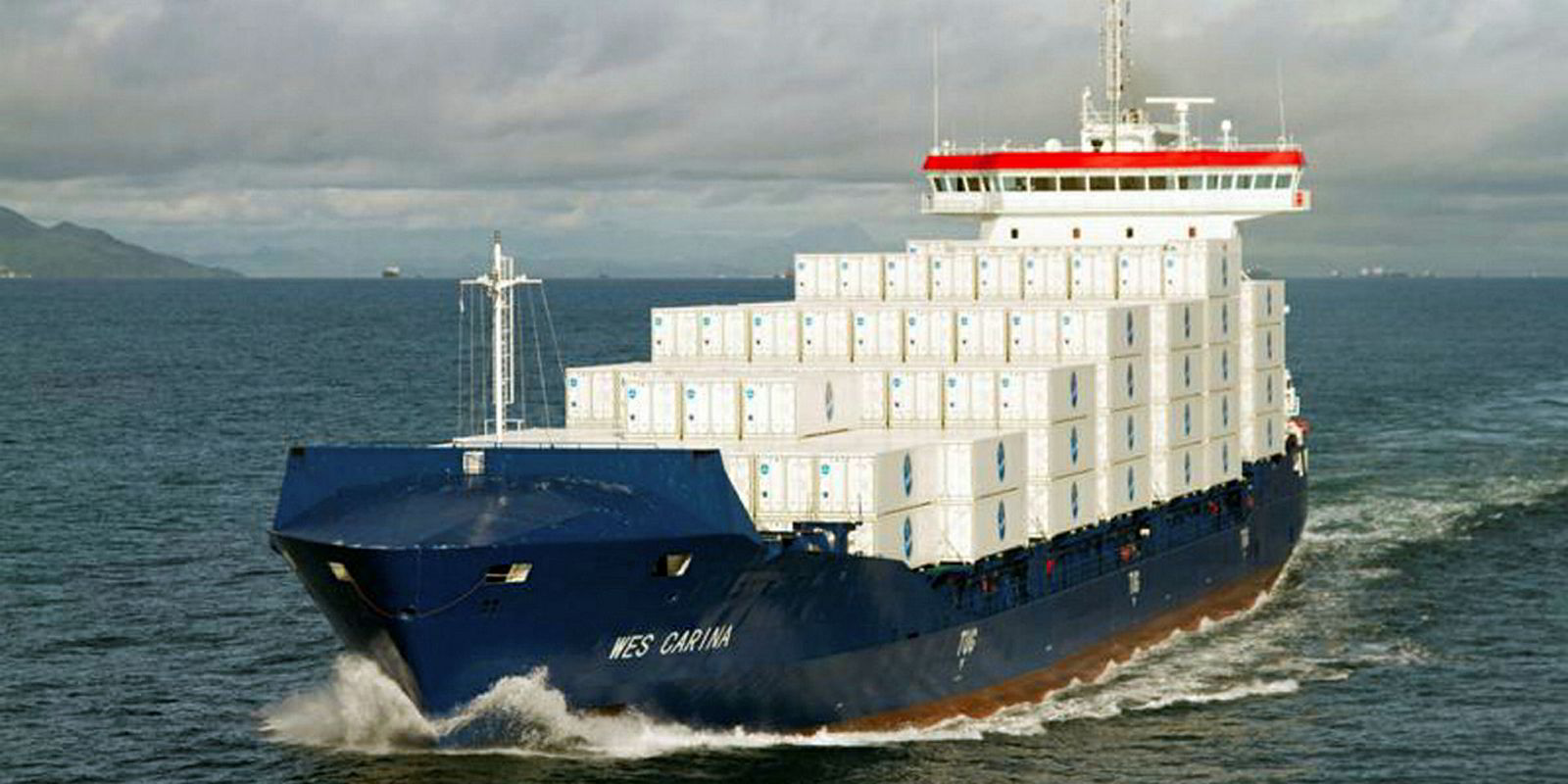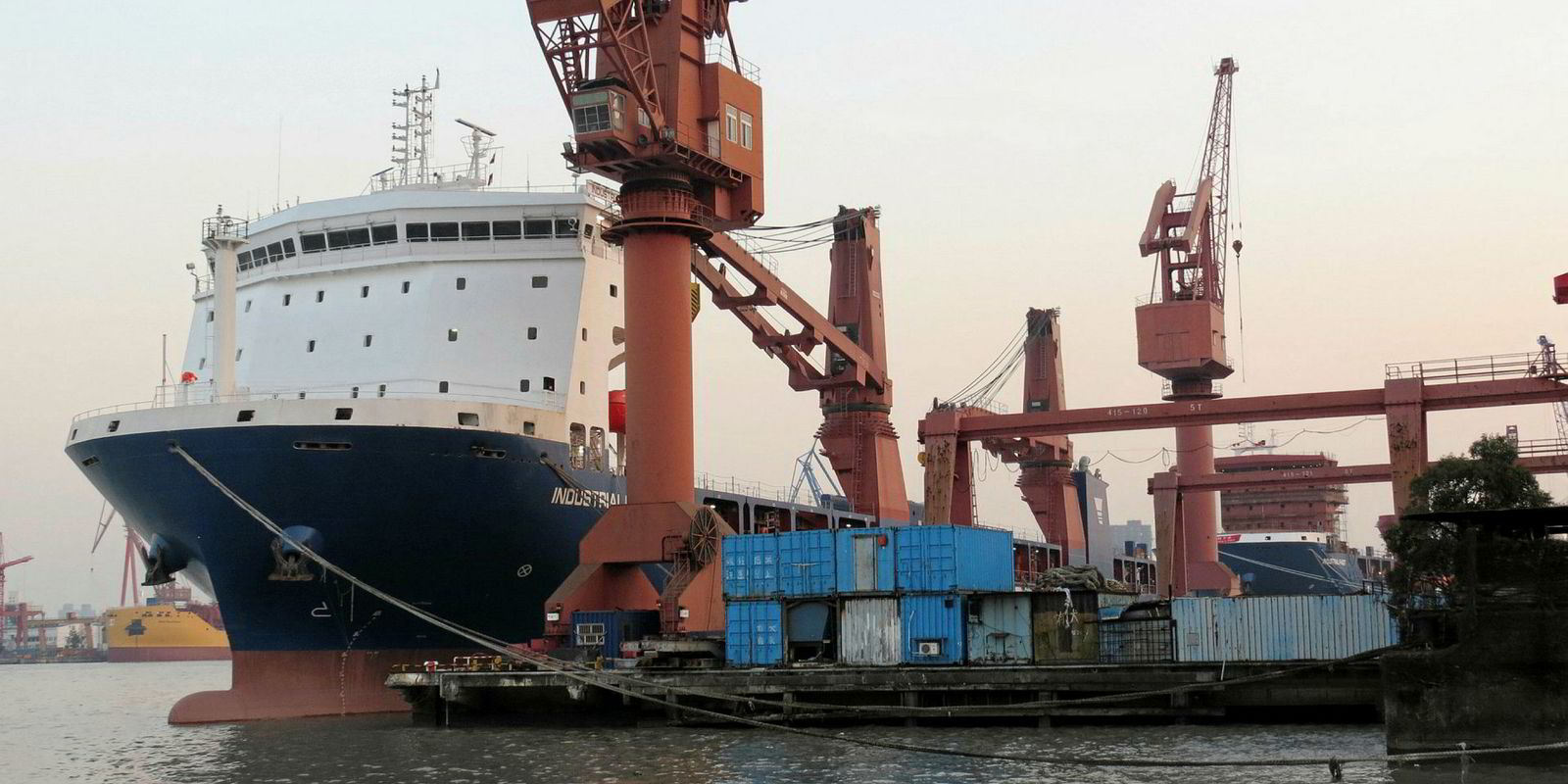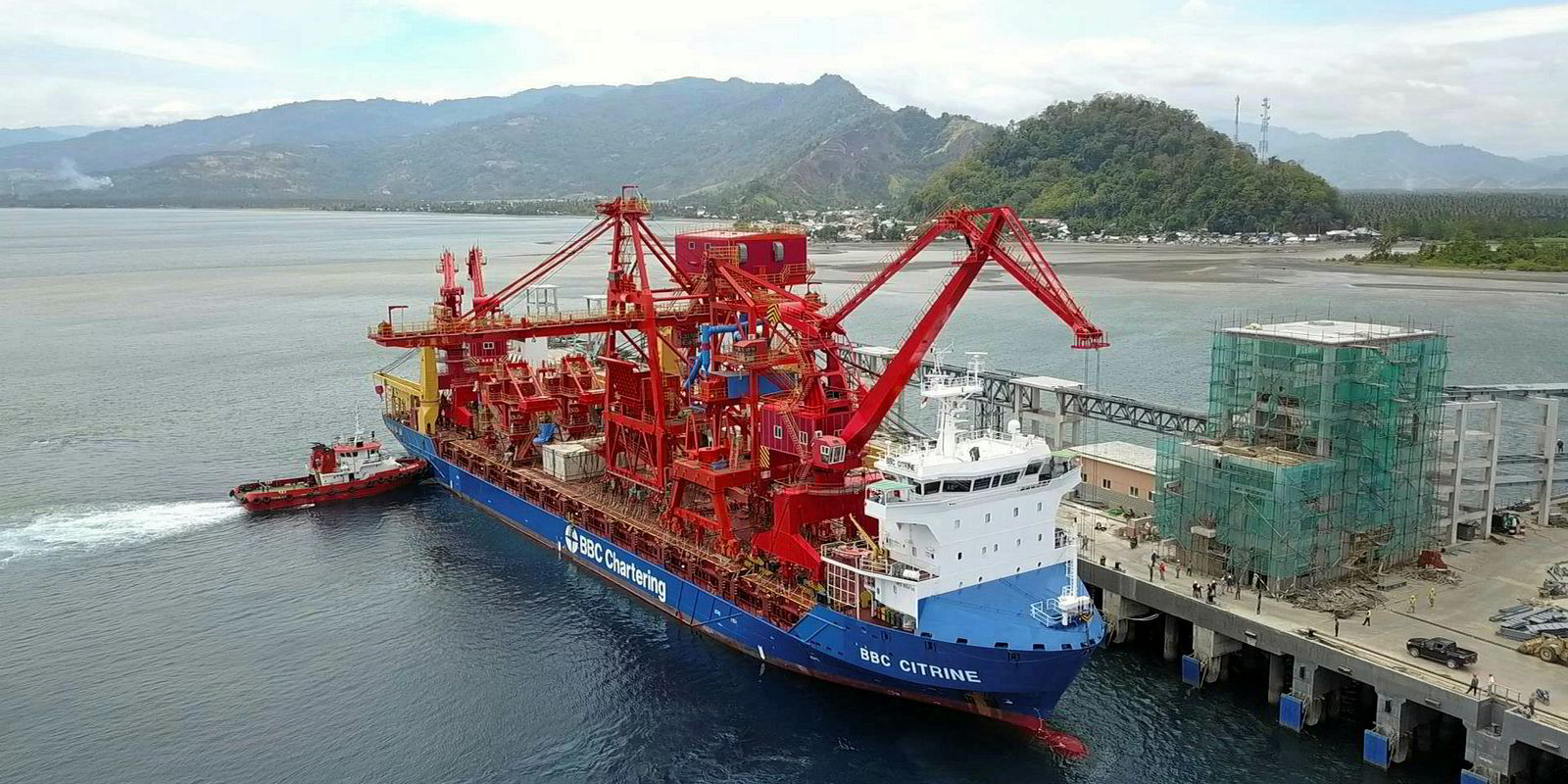Svend Andersen, the chief executive of the world's largest project cargo carrier, believes the recovery in the multipurpose (MPP) markets looks set to last.
The boss of Leer-based BBC Chartering, which has around 170 vessels in operation, says there are noticeable changes that should see the market firm for another two years.
“We’re still not where we have to be but are on the right track,” he says. “There are more volumes on the market, there are more projects coming up in the future.”
We’re still not where we have to be but are on the right track. There are more volumes on the market, there are more projects coming up in the future
Renewables bump
Andersen believes most of the recovery has come from the renewables sector, while the rising price of oil will also help the projects business.
He adds that there are to be fewer MPP ships because there has been such a low level of newbuilding activity.
Similarly, the improving bulker market has led to fewer ships from this sector competing for cargoes that are traditionally carried on MPP vessels.
That should mean better earnings for BBC Chartering, which vies with Cosco for the position of the world’s largest MPP operator.
BBC Chartering is estimated to control just under 10% of the MPP fleet with lifting capacity over 100 tonnes.
That dominant position could be challenged by the emergence of new competitors who could vie for ships and push up charter rates.
But Andersen takes the view that some of his competitors are paying too much to take ships from the market.
Flexibility from spot business
He adds that BBC Chartering is flexible enough to adapt to rising bunker prices since 90% of its business is linked to the spot market.
Moreover, there are signs of cooperation with competitors such as Zeamarine, some of whose vessels are operated within the BBC Chartering network.
Fleet renewal remains on the agenda for BBC Chartering. Its main shareholder, Roelf Briese-led Briese Schiffahrts, is pressing ahead with its own modernisation programme. Briese is rumoured to be involved in newbuilding talks, but so far that remains unconfirmed.
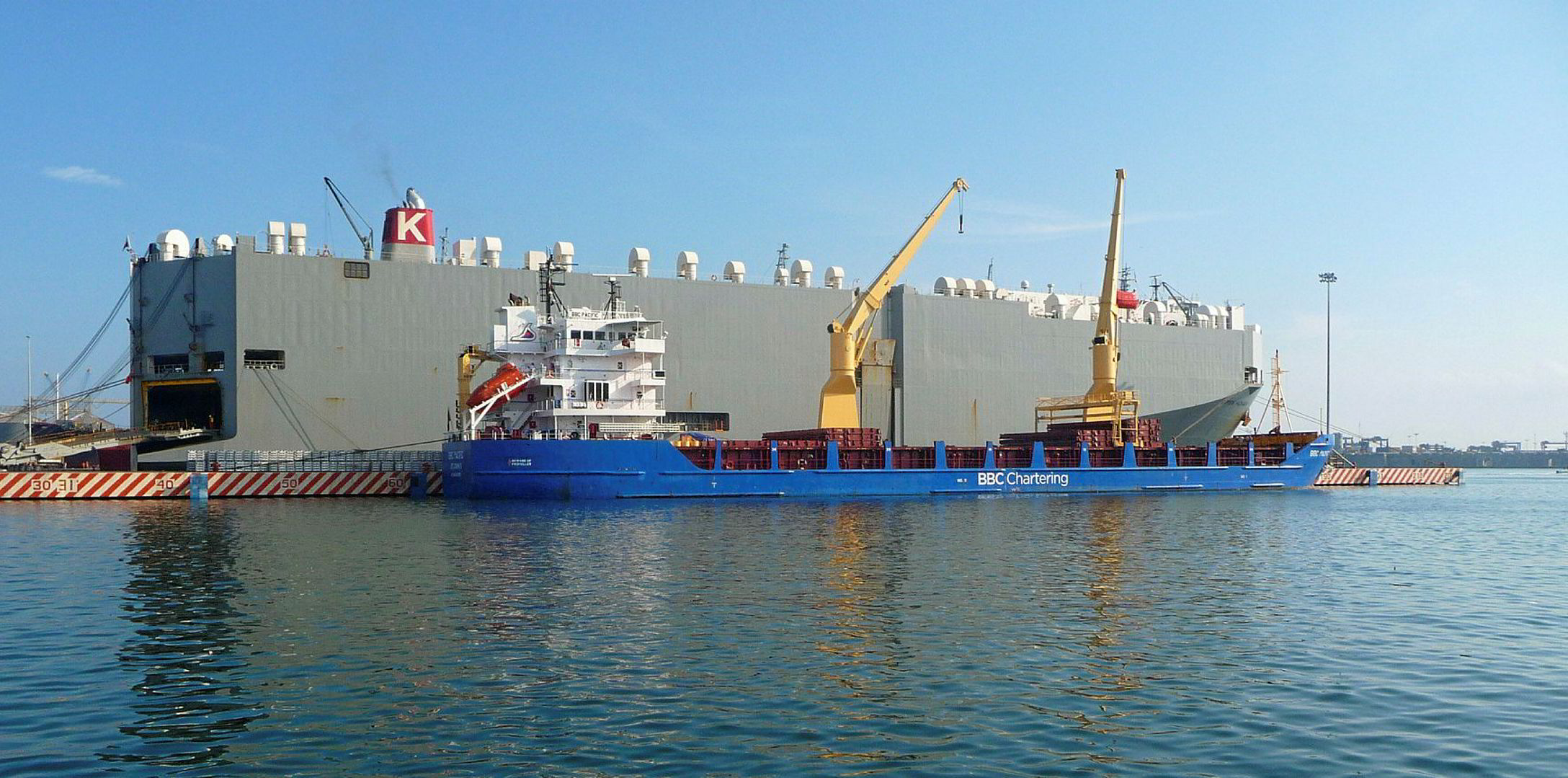
Larger sizes
Meanwhile, BBC Chartering has continued to take in larger vessels of up to 30,000 dwt for its operations.
But the focus of its activities will remain on ships in the 10,000-dwt to 20,000-dwt range.
“It’s not going to be our new size generally, but it’s good to have them [larger vessels] for certain parties,” says Andersen.
There is no interest in expanding BBC Chartering’s operation in the super-heavylift business.
“Some 800 to 900 tonnes [of lifting capacity] is enough for the way we do business,” he says.
